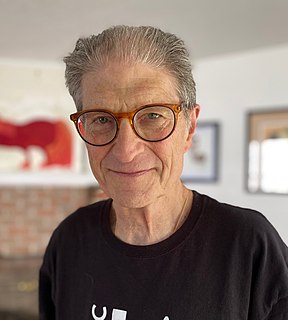A Quote by Yasmine Al Masri
I think Hollywood makes the mistake of mixing all these identities and cultures, mostly from the Middle East.
Related Quotes
I think the public is very reluctant to get involved in more foreign wars, especially in the Middle East. And they understand, implicitly, that we go to war in the Middle East because of oil. And if we don't want to go to war in the Middle East, then we have to do something about the oil problem. And I think that view is gaining ground in the U.S.
I think President Barack Obama came to office with quite fundamental understandings in his mind about what's possible and what's not possible in the Middle East. The first, I would say, revolutionary breakthrough that he introduced is that the Middle East doesn't matter to American geostrategy as much as we think.
Ending torture and tyranny in Iraq was not a mistake. Supporting democracy in Iraq is not a mistake. Helping the long-suffering Muslims of Iraq who now seek to live democratically is not a mistake. In the long, long history of the Middle East, this breakthrough may one day be ranked as a dramatic turning point in regional history.
Absorbing. . . . Scrupulously reported . . . illuminates today’s Middle East. . . . The ‘least interventionist of any modern president,’ the father of the Eisenhower Doctrine that still defines US policy in the Middle East . . . in 1956 battled demons in bodies personal and politic and in the desert – and prevailed. Nichols’ book, written lean enough to allow the facts to speak for themselves, makes for exciting history.




































